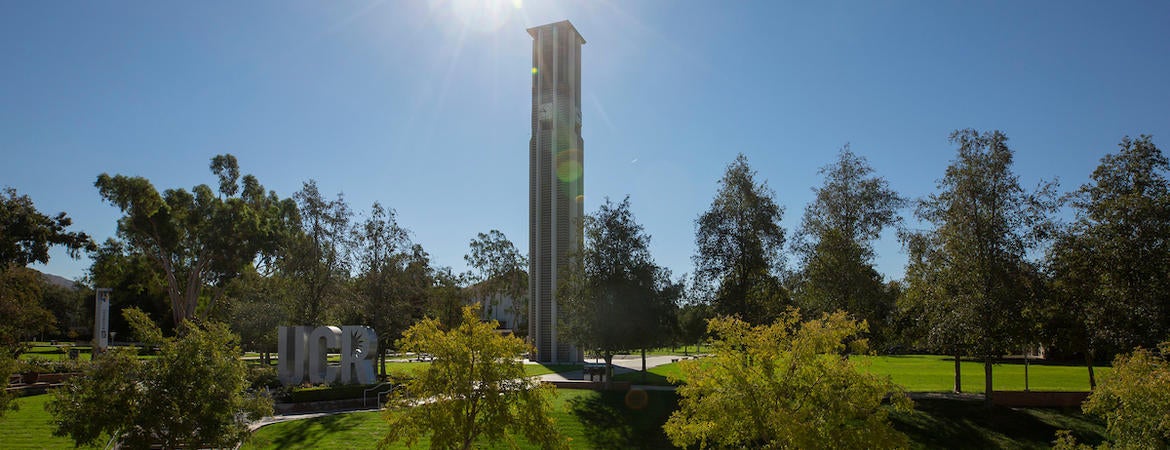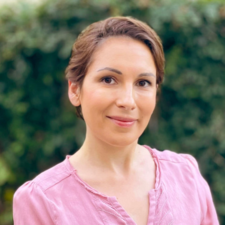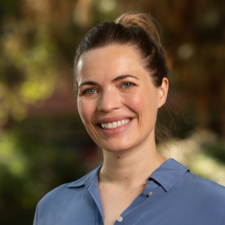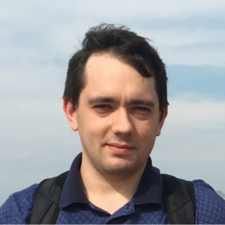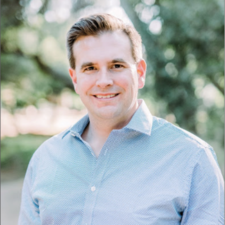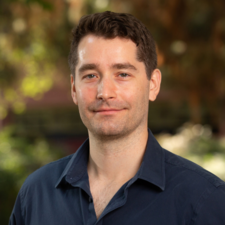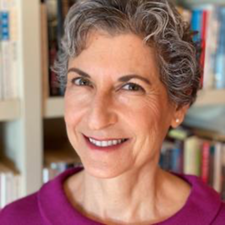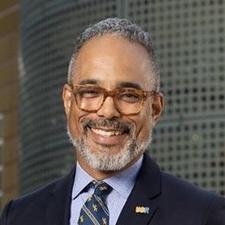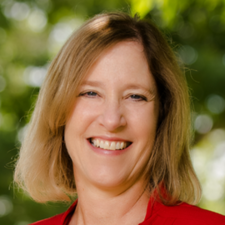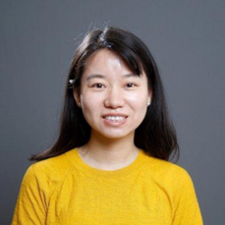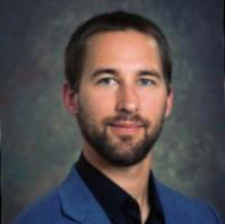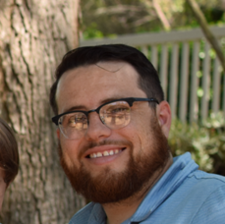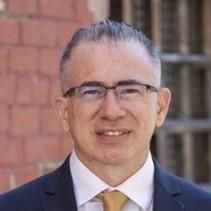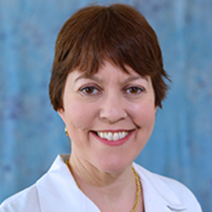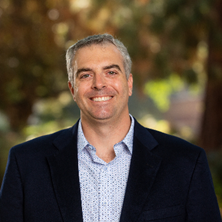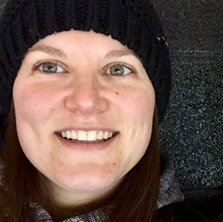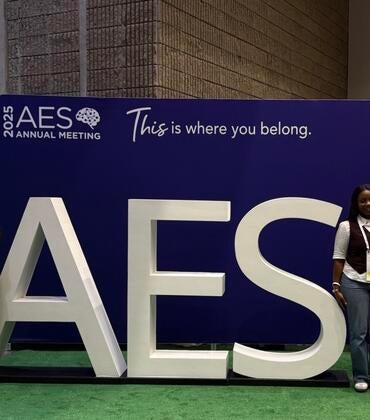This year, UC Riverside hired 16 new faculty members from a variety of disciplines.
Learn more about the new faculty members below:
College of Natural and Agricultural Sciences
Simon C. “Niels” Groen, assistant professor of evolutionary systems biology in the Department of Nematology, earned his Ph.D. in plant sciences at the University of Cambridge, UK. He then studied the evolution of resistance to milkweed toxins in the monarch butterfly as a postdoc at the University of Arizona and UC Berkeley, before investigating natural selection on gene expression in rice at New York University as a Gordon and Betty Moore Foundation fellow. Niels’ group at UC Riverside studies the evolution of interactions between parasitic nematodes and their host plants, including rice, tomato, and their wild relatives. Their research aims to unravel this complex evolutionary tug-of-war using a combination of laboratory and field experiments. Focusing on the central role that plant chemicals play, his group uses omics technologies and analytical approaches from evolutionary and systems biology to zoom in at the molecular level.
Maria Ninova is assistant professor in the Department of Biochemistry. After majoring in molecular biology, she earned her Ph.D. in bioinformatics from the University of Manchester, UK, and worked as a postdoctoral fellow at the California Institute of Technology. Her research interests lie at the intersection of several disciplines including genomics, developmental, chromatin and RNA biology, with specific emphasis on the molecular mechanisms that regulate epigenetic modifications in animal development. Her work integrates both experimental and bioinformatics components.
Kate Ostevik, assistant professor in the Department of Evolution, Ecology, and Organismal Biology, earned her Ph.D. in Botany at the University of British Columbia. Her research centers on the fields of speciation, evolutionary ecology, and population genetics. She is particularly interested in how reproductive barriers, hybridization, and genome architecture influence the diversification of flowering plants.
Mykhailo Potomkin, an assistant professor in the Department of Mathematics, earned his Ph.D. in mathematical physics at the Kharkiv State University in Ukraine. He received his postdoctoral training in the Pennsylvania State University. He is currently an applied mathematician, and his principal area of research is modeling, analysis, and numerical simulation of problems involving differential equations, with applications in physics and biology. His recent work is devoted to individual and collective aspects of micro-swimming of both living organisms, like motile bacteria or eukaryotic cells, and biomimetic swimming microrobots.
Jonathan Richardson, assistant professor in the Department of Physics & Astronomy, received his Ph.D. from the University of Chicago in 2016. Before joining UCR, he was a postdoc at the California Institute of Technology. His research interests are in experimental tests of gravity and probing the nature of black holes.In support of these goals, his group is developing new technologies aimed at extending the astrophysical reach of gravitational wave detectors, at the frontier of precision optical measurement. He is a member of the LIGO Scientific Collaboration and the Cosmic Explorer Consortium.
Kieran Samuk, assistant professor of biology in the Department of Evolution, Ecology, and Organismal Biology, earned his Ph.D. in zoology from the University of British Columbia and was a postdoctoral fellow at Duke University. His research is focused on understanding the genetic changes that allow organisms to adapt to new environments, as well as those involved in the formation of new species. His recent work has specifically focused on the complex role that meiotic recombination plays in the processes of adaptation and speciation. His lab makes use of a wide variety of approaches, including molecular and computational genomics, field studies, computer simulations, and manipulative experiments.
College of Humanities and Social Sciences
Elizabeth Watkins, a professor of history, is the provost and executive vice chancellor of UCR. Watkins earned her Ph.D in the history of science from Harvard University and served as vice chancellor and dean at UC San Francisco. She conducts research on the interrelations of medicine, science, gender, commerce, and culture in the United States in the 20th-21st centuries. As part of her academic responsibilities, Watkins oversees seven degree-granting colleges and schools, the library system, the Graduate Division, and University Extension. She also collaborates closely with Vice Chancellor and Chief Financial Officer Gerry Bomotti to manage the financial challenges posed by the global coronavirus pandemic.
Daryle Williams was appointed as the dean of the College of Humanities, Arts, and Social Sciences at UCR. He earned an undergraduate history degree and certificate in Latin American studies from Princeton University and a master's and Ph.D. in history from Stanford University. In the past, Williams served on the history department faculty and then associate dean for faculty affairs in the College of Arts and Humanities at the University of Maryland. His teaching and scholarship focus on modern Latin America, especially 19th- and 20th-century Brazilian history. Most recently, his research has largely involved Atlantic slavery and emancipation in Brazil, with a strong focus on the methods and tools of the digital humanities.
School of Business
Margaret (Meg) Campbell, professor of marketing, serves as The Anderson Presidential Chair in Business Administration at the UCR School of Business. Meg earned her bachelors’ in psychology and economics and holds a doctorate in business from Stanford University. She moved this summer to UC Riverside from the University of Colorado Boulder where she was the provost professor of marketing. Campbell’s research focuses on consumers as intuitive psychologists who use their knowledge (e.g., how people persuade, brand associations, stereotypes) to make inferences about the marketplace. More recently, her work involves the marketplace relevant knowledge in children by studying their response to the use of cartoon characters on product packaging and other aspects related to health.
Marlan and Rosemary Bourns College of Engineering
Jia Chen, a tenure-track assistant teaching professor in the Department of Electrical and Computer Engineering, earned her Ph.D in electrical engineering from the University of Texas at Arlington. She has served as an assistant professor in the Department of ECE at the University of Texas, Rio Grande Valley prior to her position at UCR. She received her postdoctoral training at the University of Minnesota. Chen’s research interests span the multidisciplinary areas of machine learning, signal processing, and data analytics. Her research work has been published in major engineering journals, including IEEE.
Robert McKee, assistant teaching professor in the Department of Bioengineering, earned a doctorate in biological sciences from University of Notre Dame and a bachelor’s in biology from Saint Vincent College. As a postdoctoral researcher at University of Delaware, McKee developed a microfluidic perfusion and ventilation system to study the effects of mechanical forces on neonate mouse lung development and how abnormal mechanical forces influence the pathophysiology of bronchopulmonary dysplasia.
Neftali Watkinson Medina, an assistant professor in the Department of Computer Science, works primarily in three major areas: embedded artificial intelligence, computer science and art, and computer science education. Neftali has been part of the UC system since he was a doctoral student at UC, Irvine. In his previous role as a postdoctoral researcher at UCI, Watkinson used hyper-dimensional computing to help detect and predict the onset of diabetes, COVID-19, and sepsis.
School of Medicine
Andres Gonzalez, M.D. is an associate professor in the Department of Neuroscience at UCR, where he currently also serves as chief medical officer. Dr. Gonzalez is board-certified in neurology and a diplomat from the American Board of Clinical Neurophysiology. He received his medical degree from the Colombian School of Medicine and completed his residency training at the Cleveland Clinic and Georgetown University Hospital. He completed two neurophysiology fellowships with an emphasis in IOM from UCLA and Harvard Medical School. Dr Gonzalez also holds a masters’ degree in Business from the USC Marshall School of Business. On the clinical and research side, his long-standing subspecialty work within neurology has been relatively new in the field, collectively referred to as surgical neurophysiology. As chief medical officer for UCR Health, Dr. Gonzalez has dedicated his time to the flu vaccination mandate, COVID testing, COVID vaccines, employee health and so forth.
Elizabeth Morrison-Banks, M.D., M.S.Ed., is a health sciences clinical professor of the UCR School of Medicine. She also serves as the associate dean for medical education quality and iIntegration, which ensures that the medical education program is integrated throughout all four years, and all institutional objectives and course-specific objectives are met. Morrison-Banks completed medical school at Brown University in Providence, RI, then completed her internship in family medicine at Harbor-UCLA Medical Center followed by her residency in family medicine at the Ventura County Medical Center. She currently serves on the Clinical Advisory Committee for the Southern California & Nevada chapter of the National Multiple Sclerosis Society. Dr. Morrison-Banks has published peer-reviewed articles and given national presentations on her research in neuroimmunology including exercise in multiple sclerosis and mistreatment of people with advanced multiple sclerosis.
Scott Pegan, professor in biomedical sciences at the School of Medicine, earned his Ph.D. in Chemistry at UC San Diego. His current research focuses on the regulation of the human innate immune system and the discovery of new therapeutics for nerve and pesticide agent poisoning. He has published over 54 peer-reviewed articles and holds over seven U.S. and international patented discoveries. He is a U.S. Army Operation Iraqi Freedom combat veteran, a U.S. Army Reserve Major and a biochemist for the United States Medical Research Institute of Chemical Defense. Dr. Pegan has partnered for a number of years with industry and federal agencies on research for drug discoveries and is a requested panelist and speaker at numerous forums on drug discovery, viruses, and structural biology.
Natalie Zlebnik, PhD, is an assistant professor in biomedical sciences in the School of Medicine. She earned her doctorate in Neuroscience from the University of Minnesota, and her postdoctoral fellowship was completed at the University of Maryland School of Medicine, where her investigations focused on the role of the endocannabinoid system in normal reward-motivated behaviors and its therapeutic role in disorders of reward seeking. Her independent research program examines how drugs of abuse exploit neural mechanisms of motivated behavior to promote relapse and facilitate the transition to drug addiction. The goal is to identify molecular and circuit-level targets for the development of novel therapeutics to reduce drug craving and minimize the propensity to relapse.
